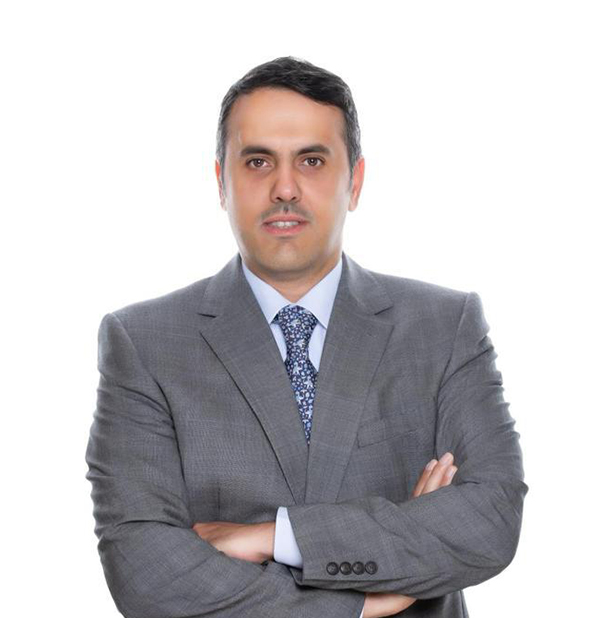By Abdellatif Sharaa
KUWAIT: Head of the urology unit at Jaber Armed Forces Hospital Dr Mohammad Al-Ghanem said kidney and urinary tract patients must be careful during the fasting period. He said they should consult a doctor before fasting to get an integrated medication plan, adding that kidney patients are the most affected by the type of foods they consume.
Dr Ghanem said a wrong nutrition system in which there are salts and sodium contribute to the formation of stones, so kidney and urinary tract patients must eat food rich in moisture and stay away from foods that contain salts. He advised kidney patients to drink large amounts of water - between 2 and three liters a day - adding this is among the most important pieces of advice given to patients in Ramadan.
Dr Ghanem said patients should stay away from diuretics such as drinks containing caffeine. He said following a balanced nutritional system contributes to fasting successfully, while controlling the amount of protein in food contributes effectively to avoiding any complications during the fasting period.
Dr Ghanem also advised patients to avoid heavy tasks while fasting to maintain the level of liquids in the body, "especially since we are fasting during relatively high temperatures in the coming days". He said avoiding sweets and eating suhour contributes to healthy fasting. He added patients must take their medicine as instructed by their doctors.








